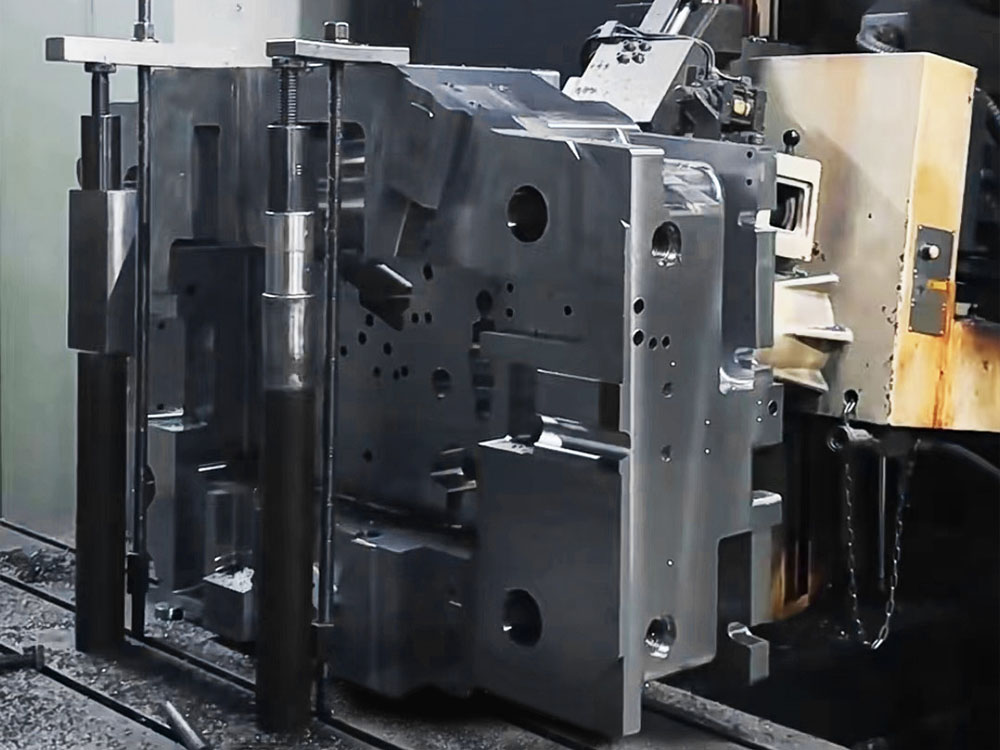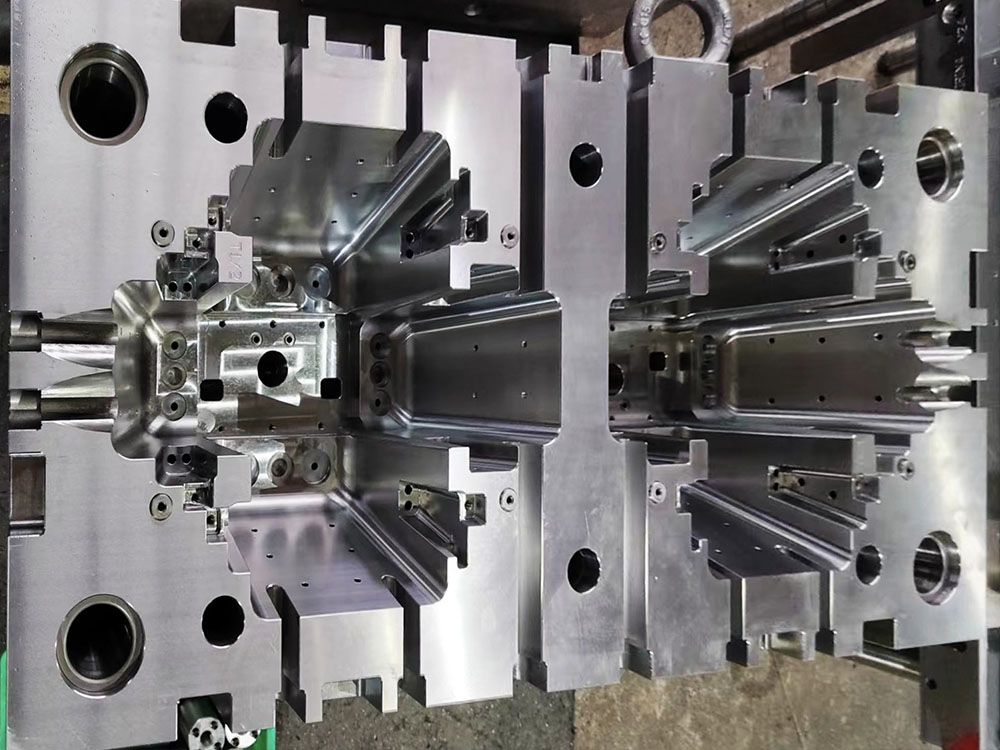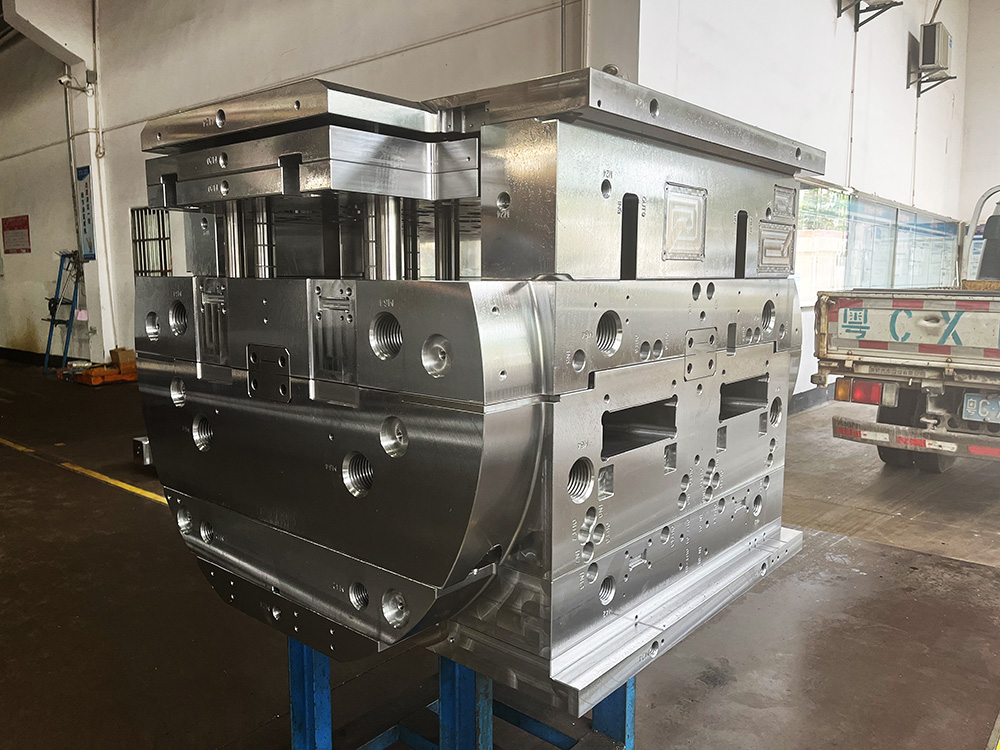The Steel Material Used in Modular Framework
Mold bases play a crucial role in the mold making industry as they provide the foundation upon which a mold is built. Among various materials used, steel stands out as the preferred choice due to its exceptional properties and suitability for modular frameworks. In this article, we will delve into the importance of steel as a material for modular framework in the mold base industry.
1. Strength and Durability
Steel possesses excellent mechanical properties, making it an ideal choice for modular framework in mold bases. The high strength of steel ensures that the mold base can withstand the pressure and forces exerted during the molding process. Additionally, steel's durability enables the mold base to have a prolonged lifespan, reducing the need for frequent replacements or repairs.
2. Heat Resistance
Mold making often involves working with materials that require high-temperature processing. Steel exhibits superior heat resistance, allowing the mold base to withstand the elevated temperatures without distortion, warping, or losing its structural integrity. It ensures the dimensional stability of the mold base, which is crucial for precise and consistent molding results.
3. Corrosion Resistance
Corrosion can severely affect the performance and longevity of a mold base. Steel, especially stainless steel, offers excellent corrosion resistance, protecting the mold base from the detrimental effects of moisture, chemicals, and other corrosive agents present in the mold-making environment. This resistance ensures that the mold base remains in optimal condition, minimizing the risk of downtime and maintaining productivity.
4. Machinability
The machinability of steel makes it highly suitable for modular framework in mold bases. Steel can be easily cut, drilled, and machined to precise specifications, allowing for the creation of complex mold base designs. This ease of machining ensures efficient and cost-effective production, enabling manufacturers to meet the unique requirements of different mold designs.
5. Availability and Varieties
Steel is readily available in the market, offering a wide range of options in terms of grades and specifications. Mold makers can choose from various steel alloys, such as P20, H13, and S7, depending on the specific application requirements. This availability and versatility provide mold makers with the flexibility to select the most suitable steel material for their modular framework needs.
Conclusion
The steel material used in modular framework plays a pivotal role in the mold base industry. Its strength, durability, heat resistance, corrosion resistance, machinability, and availability make it an ideal choice for constructing reliable and high-quality mold bases. By harnessing the unique properties of steel, mold makers can ensure the consistency, accuracy, and longevity of their molds, ultimately contributing to the overall success of the mold making process.




